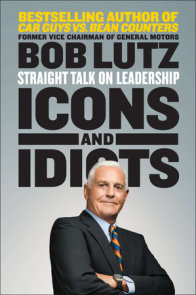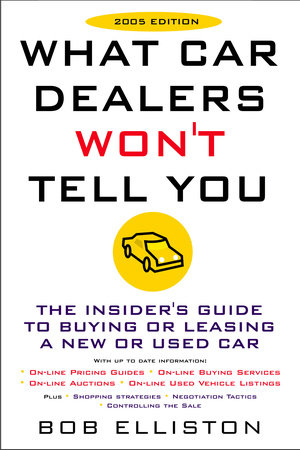

Car Guys vs. Bean Counters
By Bob Lutz
By Bob Lutz
By Bob Lutz
By Bob Lutz
Category: Leadership | Biography & Memoir | Economics
Category: Leadership | Biography & Memoir | Economics

-
$18.00
May 28, 2013 | ISBN 9781591846222
-
Jun 09, 2011 | ISBN 9781101516027
YOU MAY ALSO LIKE

Digital Darwinism
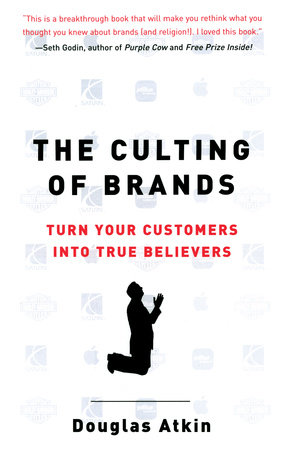
The Culting of Brands

ESPN Sports Almanac 2009

FutureShop
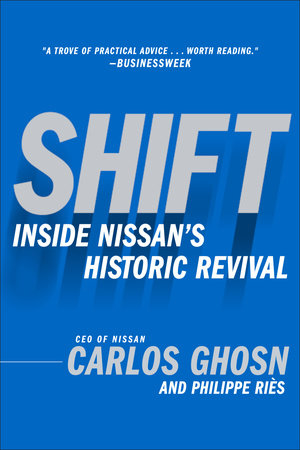
Shift
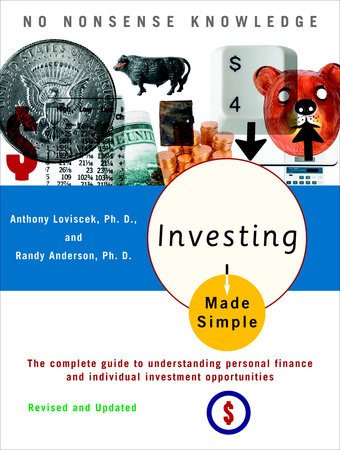
Investing Made Simple

The Two-Second Advantage

The Wall Street Journal. Complete Small Business Guidebook

Every Business Needs an Angel
Praise
“This book should be required reading for every young person who seeks a business degree. That applies equally to the current management of GM.”
—David E. Davis, Jr., former editor and publisher of Car and Driver
“This is exactly what you’d expect from Bob Lutz: no holds barred, no punches pulled, and no stone left unturned. It’s a true insider’s perspective and a great read.”
—Stephen J. Girsky, vice chairman of General Motors
“Car Guys vs. Bean Counters is the best book written by an auto industry insider since Iacocca in 1984, and deserves to be shelved alongside Alfred P. Sloan’s management classic, My Years with General Motors.”
—Fortune
21 Books You’ve Been Meaning to Read
Just for joining you’ll get personalized recommendations on your dashboard daily and features only for members.
Find Out More Join Now Sign In







